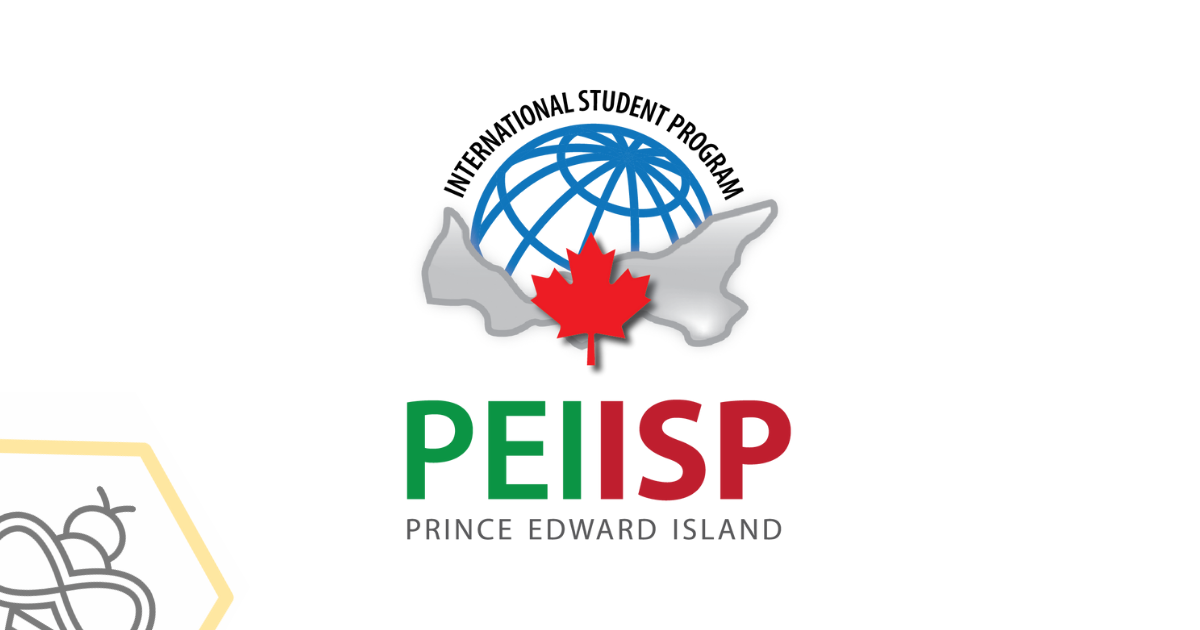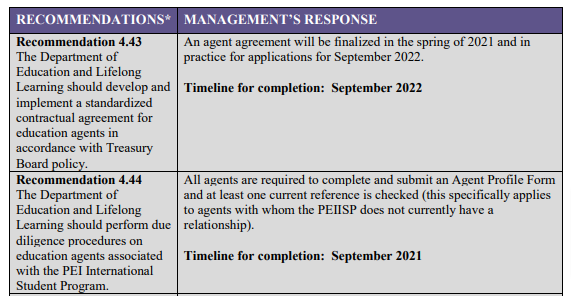The Prince Edward Island International Student Program (PEIISP) was created to deliver K-12 public education opportunities to international students. It is administered by PEI Department of Education and Lifelong Learning.
Under the program, international students living outside of Canada may apply to attend one of the 62 public schools in Prince Edward Island.
The official website describes the PEIISP as follows:
Our public schools are among a network of Canadian educational institutions who welcome international students to study and experience our Island way of life. Enjoy the peace of mind, knowing students will receive a world-class education in a safe place. High school students can choose from a variety of subjects within the Prince Edward Island program including Arts, Business Education, Career Education, Career and Technical Education, Communication and Information Technology, Core French, Culinary, English as an Additional Language, Language Arts, Mathematics, Physical Education, Science, Social Studies.
In the 2020 financial year there were 137 international students in PEI under the program, contributing direct revenues of approximately CAD$1.5 million. International students accepted into the program pay CAD$10,600 per year in tuition.
Audit Report
An audit of the PEIISP by the PEI Auditor-General in 2021 was critical of the management of the program by the Department of Education and Lifelong Learning. The key finding was:
The Department of Education and Lifelong Learning does not have processes to effectively manage the PEIISP.
That key finding was based on a list of specific findings, including some relating to education agents.
PEIISP – Education Agents
International students can enter the PEIISP through the referral of an education agent that they are working with. Referring agents receive a commission of 15% on tuition fees. Based on the annual international student tuition fee of $10,600, a referring agent would receive a commission of CAD$1,590 per enrollment.
Agents were used by 66% of students in the audit sample.
The audit found that:
- There were no contractual arrangements in place between the PEIISP and the education agents that referred students to the program.
- The PEIISP did not perform due diligence procedures on agents – for example background checks, conducting interviews, or verifying credentials.
The Auditor-General’s recommendations, and the response by the PEI Department of Education and Lifelong Learning, were as follows:

